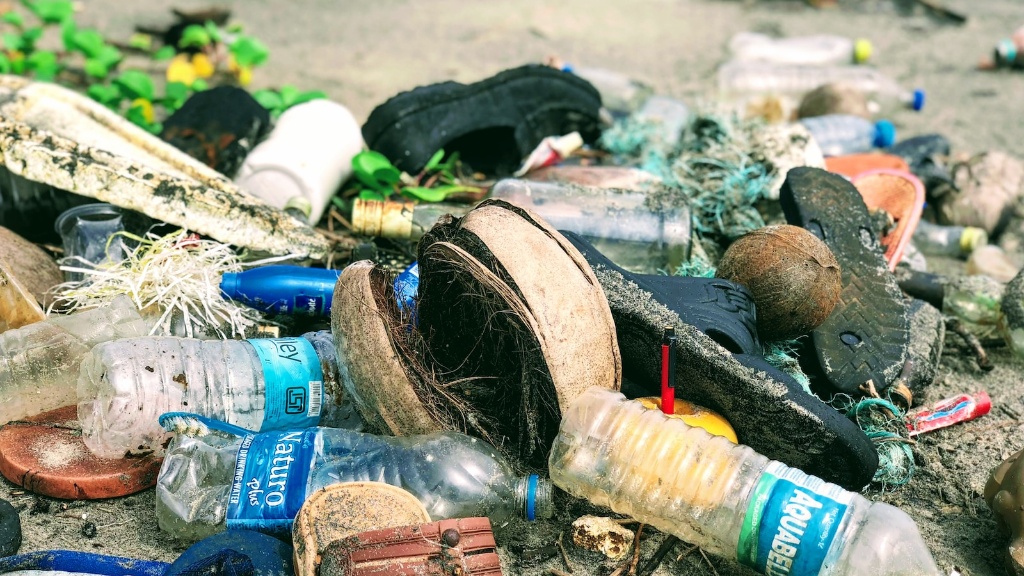Global warming is one of the most pressing ecological issues of our time, with far-reaching implications for human life and the planet. The question of when, or if, global warming will become a lethal threat for humans is a complex one, with many uncertainties and opinions. This article examines the dangers posed by climate change and explores the possible implications for humans if global warming continues unchecked.
It is widely accepted that global warming is already having a devastating effect on the environment. Rising temperatures have triggered an increase in extreme weather events and put many plant and animal species at risk of extinction. As the climate changes, temperatures continue to rise and the risk to human life grows. This could lead to extreme heat waves, water shortages, and later an increase in infectious diseases, all of which could have devastating effects on humans in the near future.
In the longer term, global warming may well become an existential threat to human life. The UN Intergovernmental Panel on Climate Change (IPCC) predicts that if temperatures continue to rise above 2.7°F, global warming will lead to a dramatic increase in sea levels, flooding coastal communities and much of the world’s low-lying agricultural land. Moreover, heat waves in already dry areas could create desert-like conditions and make conditions more inhospitable for crop growth. In turn, this could lead to food insecurity, malnutrition, and famine.
It is clear that global warming poses a real and significant threat to human life. However, it is difficult to say at what point this threat will become deadly or if it will ever reach a level where extinction becomes a possibility. Some believe that if global temperatures rise unchecked, it could result in the end of human life by the end of the century. Others disagree, emphasizing the potential for human ingenuity and innovation to mitigate the most serious effects of global warming.
Ultimately, the future is uncertain. What is certain is that global warming is a serious issue with potentially devastating implications for humans and the planet. To avoid the worst effects of climate change, it is essential that governments across the world take action to reduce emissions and invest in renewable energy sources. It may still be too late to reverse the effects of climate change, but it is not too late to take action and work to protect the environment for future generations.
Without a concerted global effort to reduce emissions and curb the effects of climate change, global warming could become an increasingly severe threat to human life in the coming years. Each of us has a responsibility to do our part in protecting the environment and safeguarding a sustainable future. By taking action today, we can make a real difference in ensuring our planet and the people who inhabit it remain livable, healthy, and safe.

